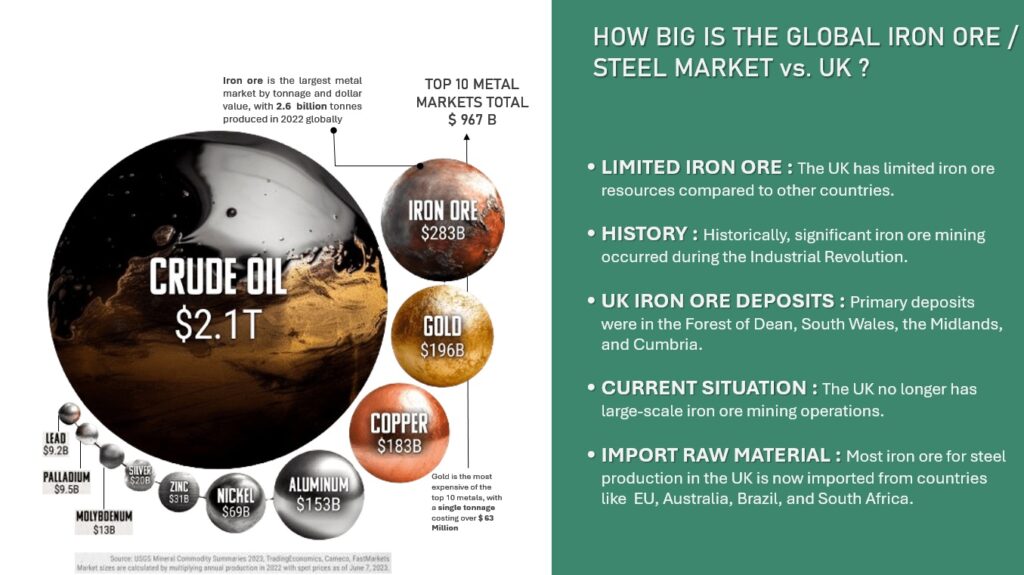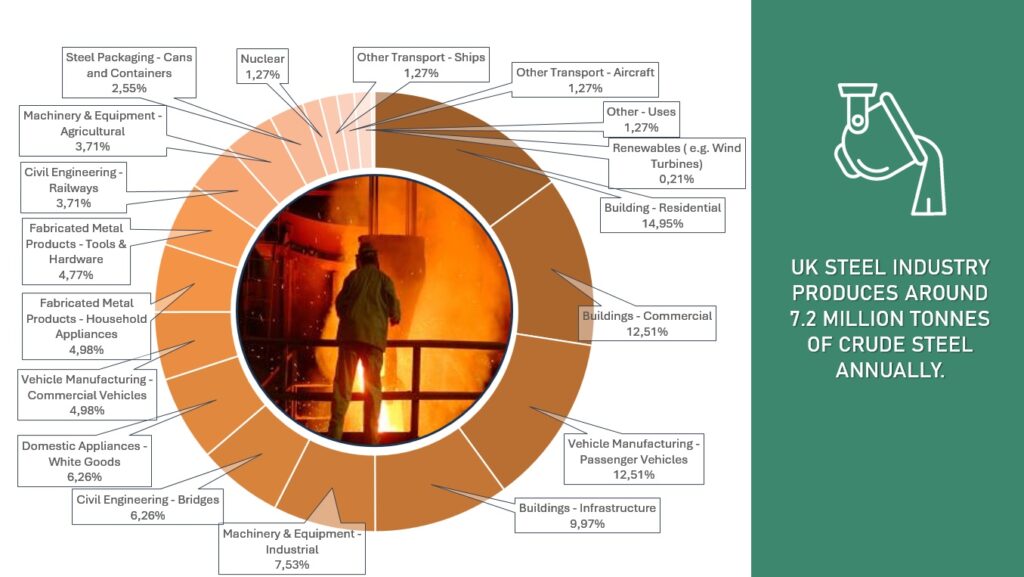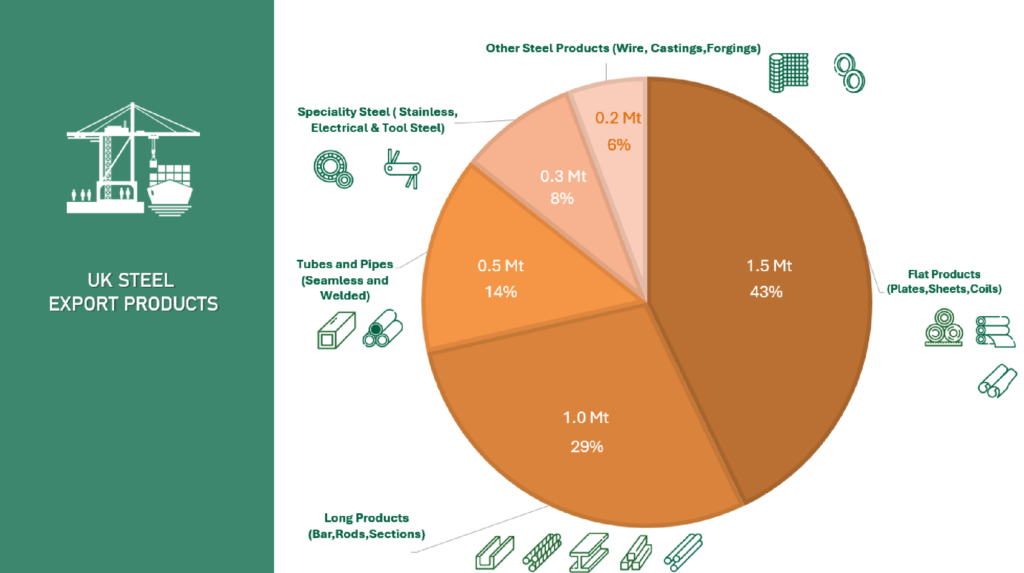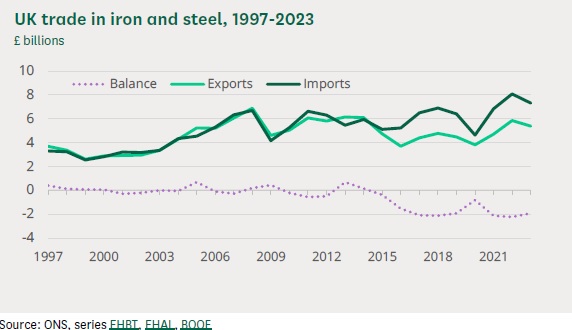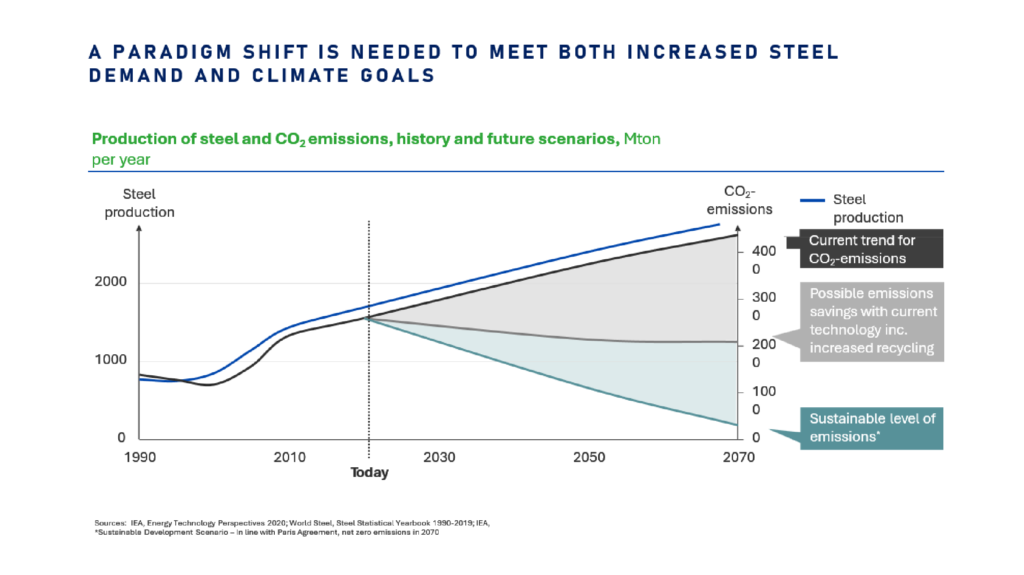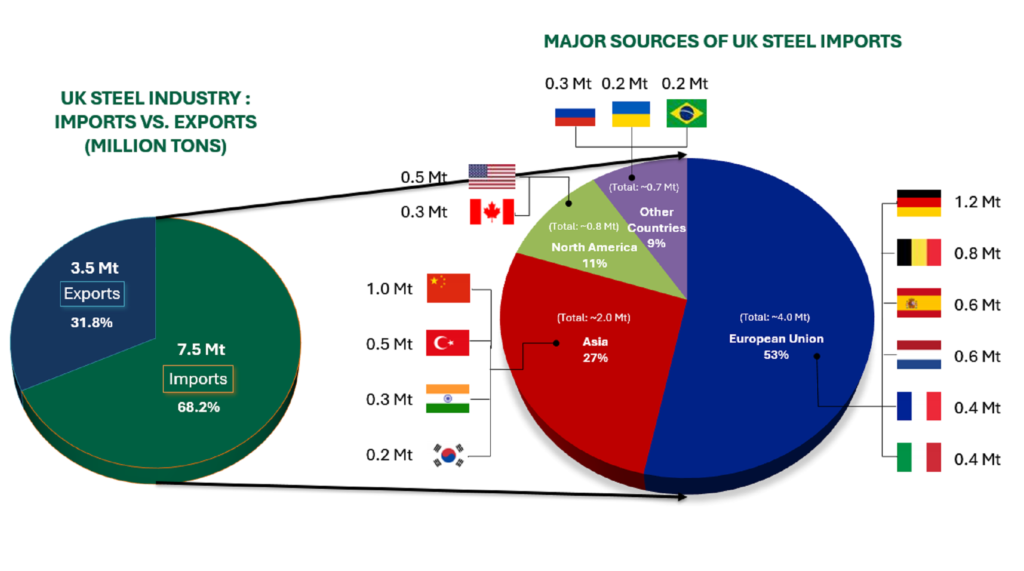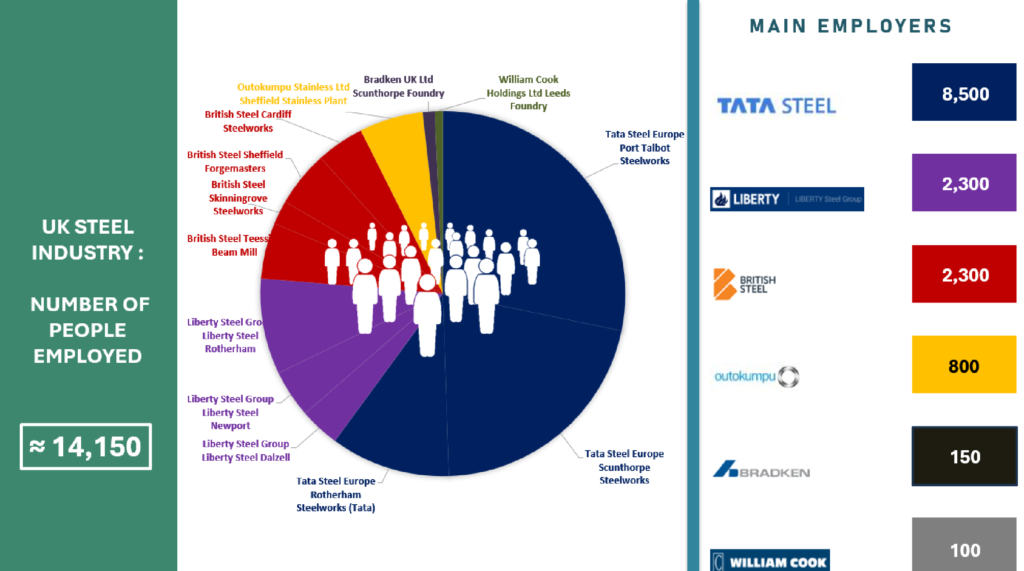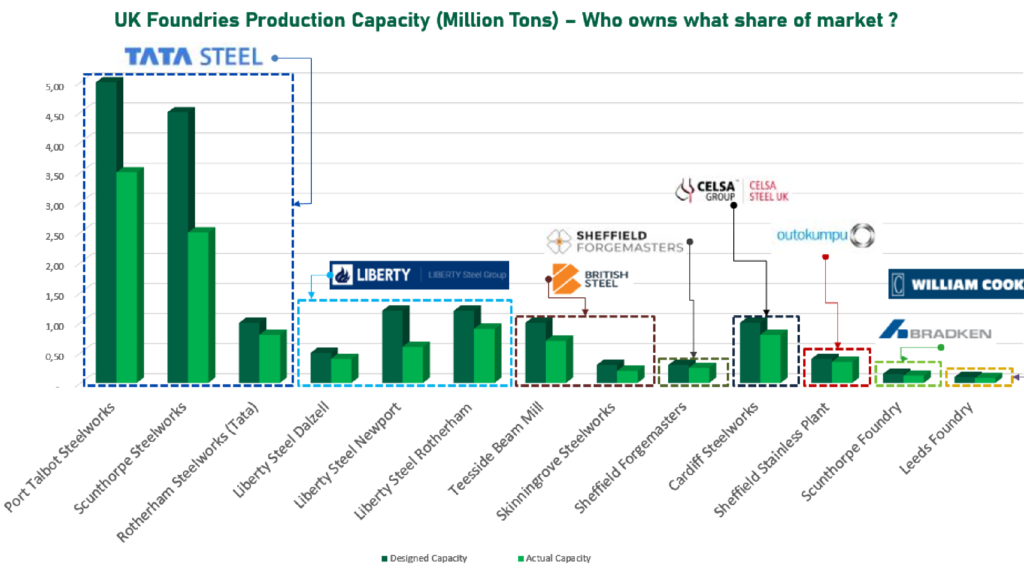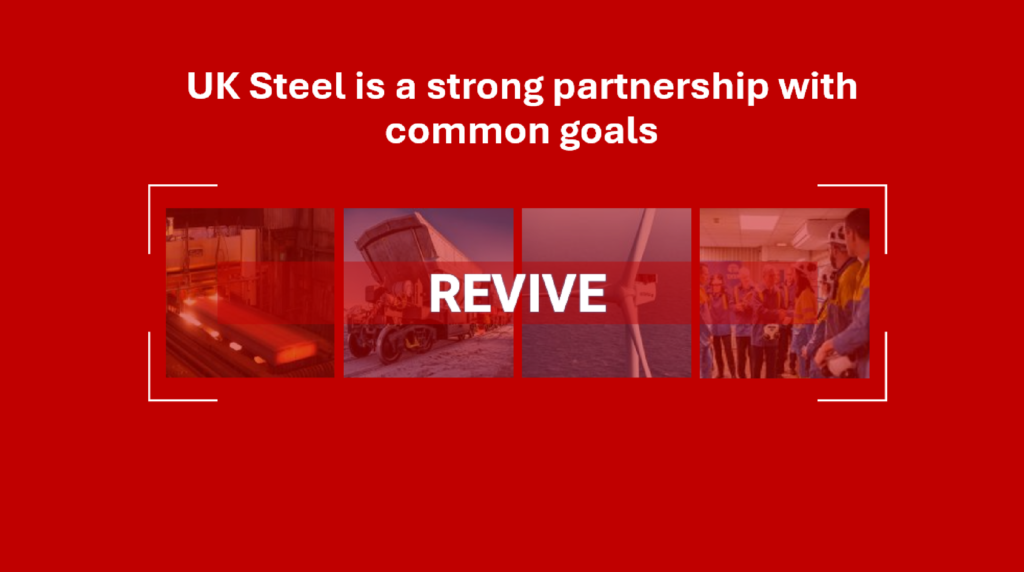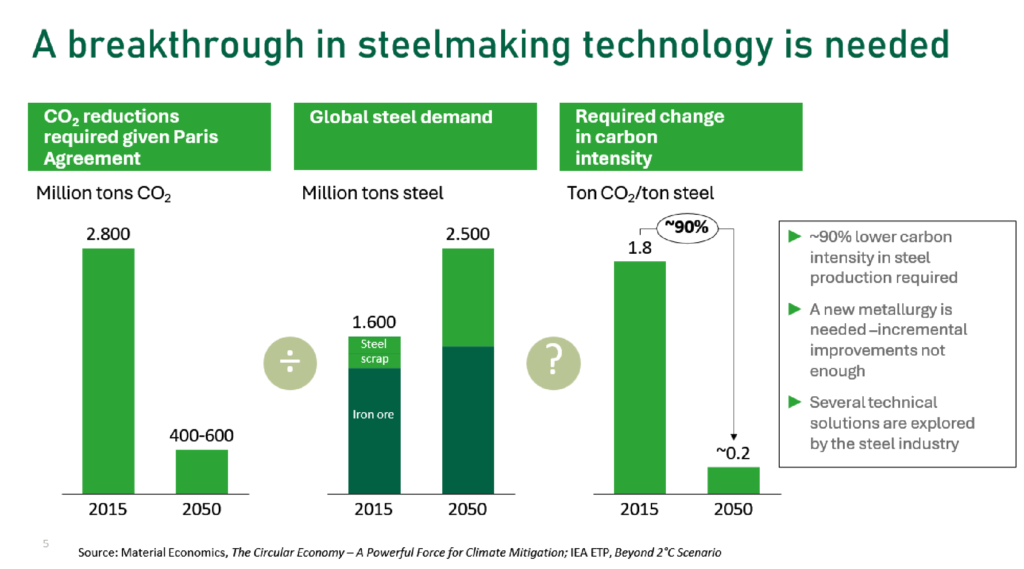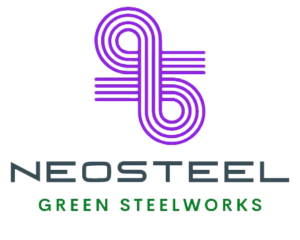

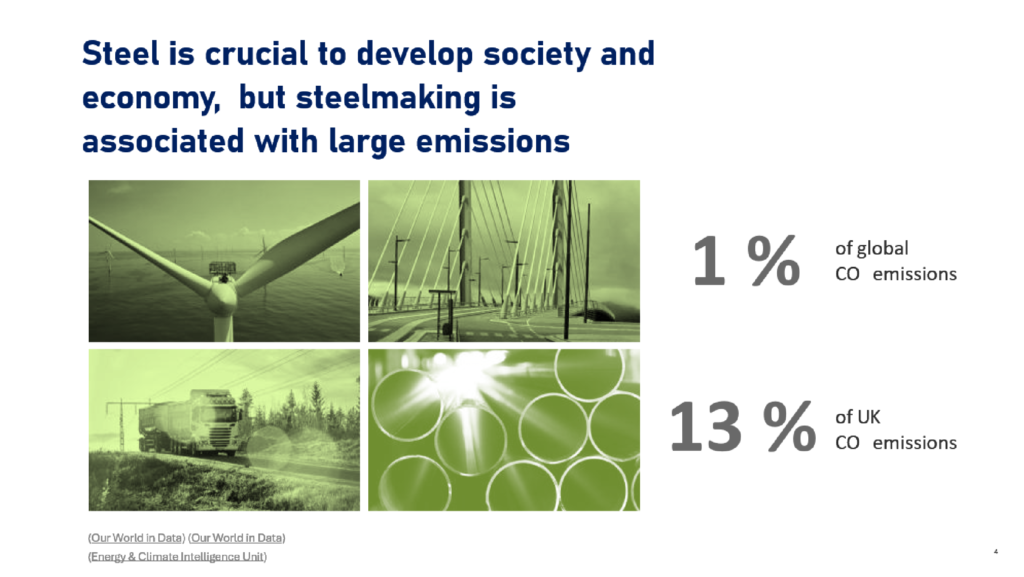
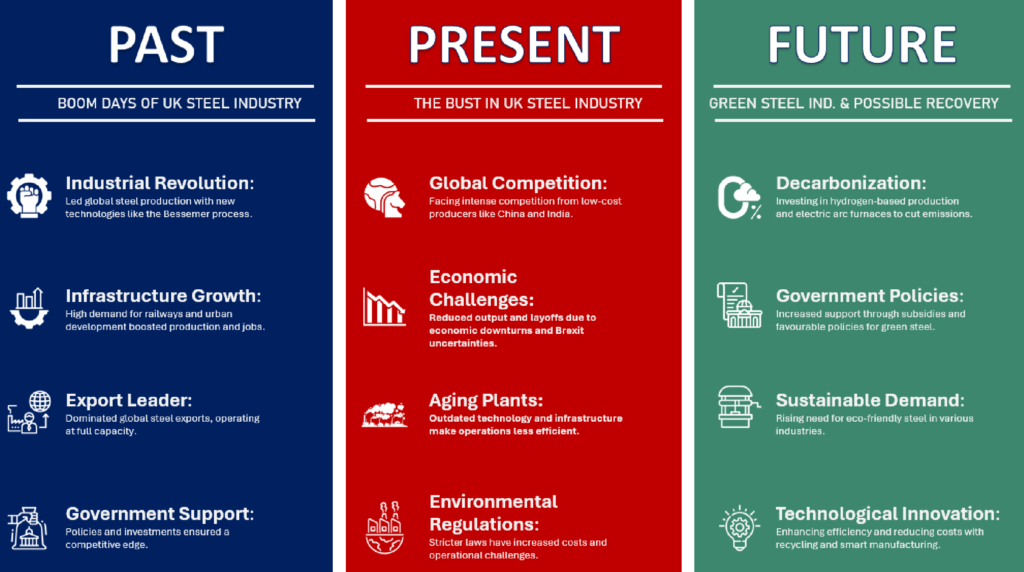
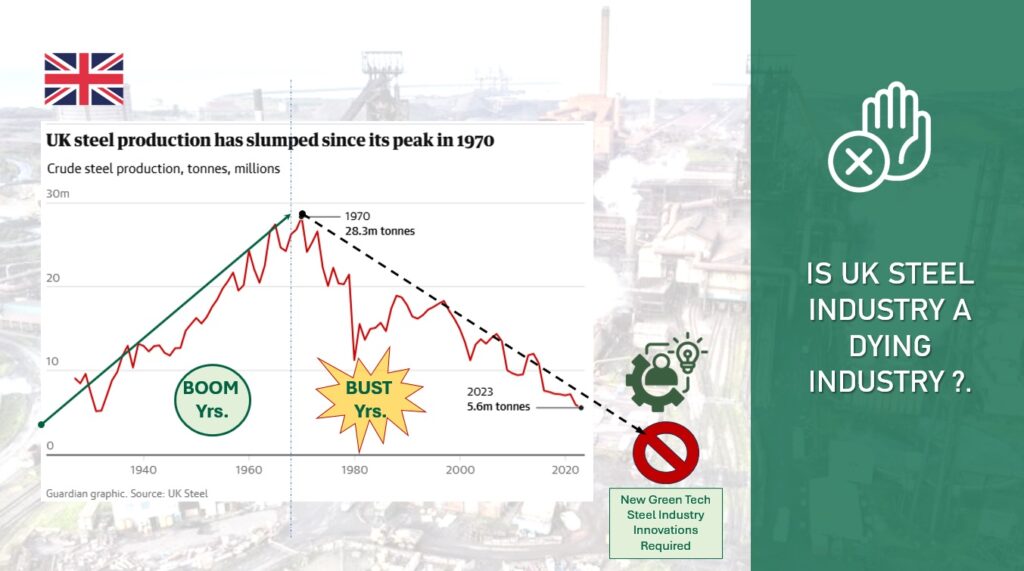
Past: The Boom Days of the UK Steel Industry
- Industrial Revolution: The UK was a global leader in steel production during the Industrial Revolution, with advancements in technologies such as the Bessemer process boosting output.
- Infrastructure Expansion: The demand for steel surged with the expansion of railways, bridges, and urban infrastructure, leading to high production and employment.
- Global Trade Dominance: The UK dominated global steel exports, with major steelworks operating at full capacity to meet international demand.
- Government Support: Government policies and investments supported the growth of the steel industry, ensuring a competitive edge in the global market.
Present: The Bust in the UK Steel Industry
- Global Competition: Intense competition from countries with lower production costs, such as China and India, has led to a decline in the UK’s steel production.
- Economic Challenges: Economic downturns, Brexit uncertainties, and fluctuating demand have resulted in reduced output and workforce reductions.
- Aging Infrastructure: Many UK steel plants suffer from outdated technology and infrastructure, making them less efficient and more costly to operate compared to modern facilities abroad.
- Environmental Regulations: Stricter environmental regulations have increased operational costs, making it challenging for the industry to compete while adhering to sustainability standards.
Future: Green Steel Industry and Possible Recovery
- Decarbonisation Efforts: Investment in green steel technologies, such as hydrogen-based steel production and electric arc furnaces, aims to reduce carbon emissions and meet climate targets.
- Government Support and Policy: Increased government support, through subsidies, tax incentives, and policies favouring green steel, could bolster the industry’s transformation and competitiveness.
- Sustainable Demand: Growing demand for sustainably produced steel from industries such as automotive, construction, and renewable energy can drive the shift towards green steel production.
- Technological Innovation: Advancements in recycling technologies, digitalisation, and smart manufacturing processes can enhance efficiency, reduce costs, and improve the environmental footprint of steel production.
